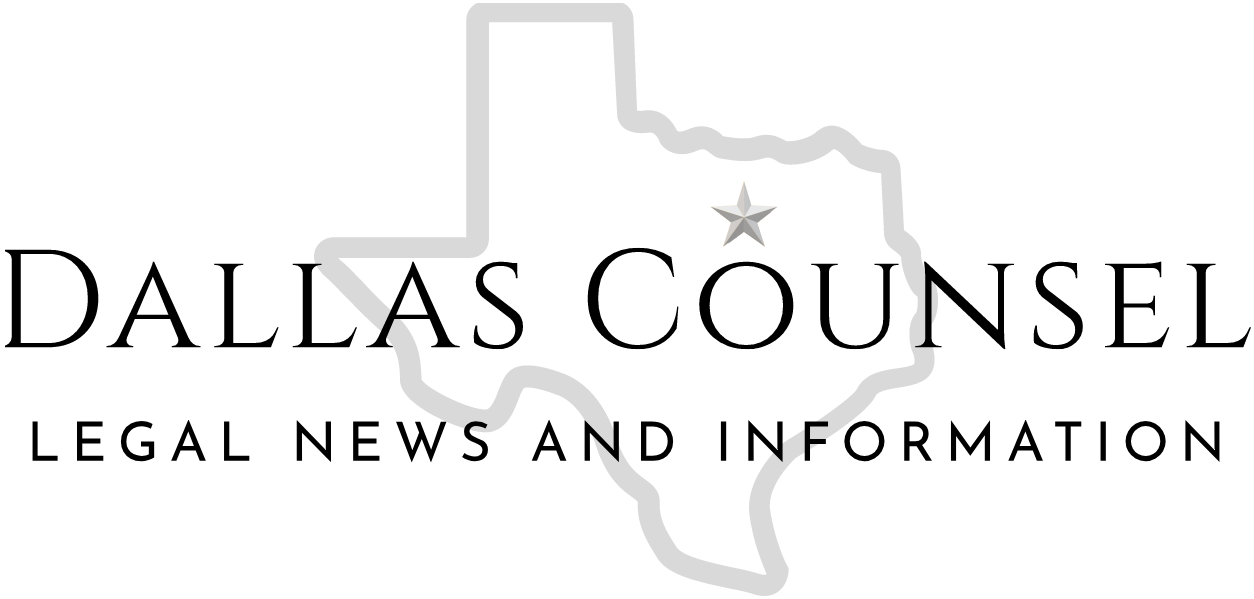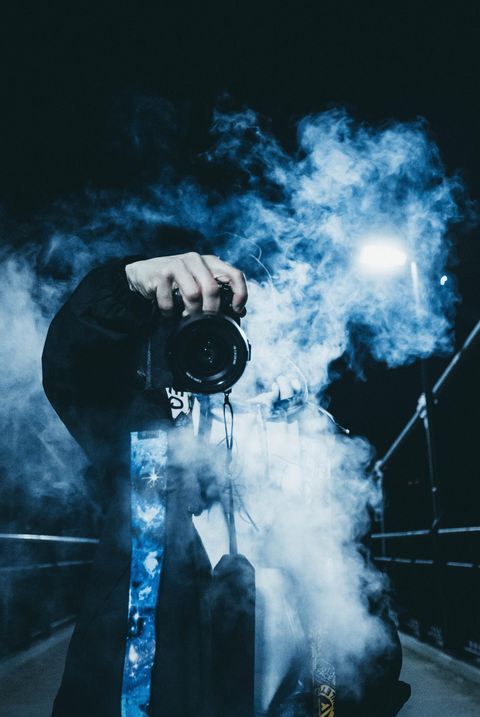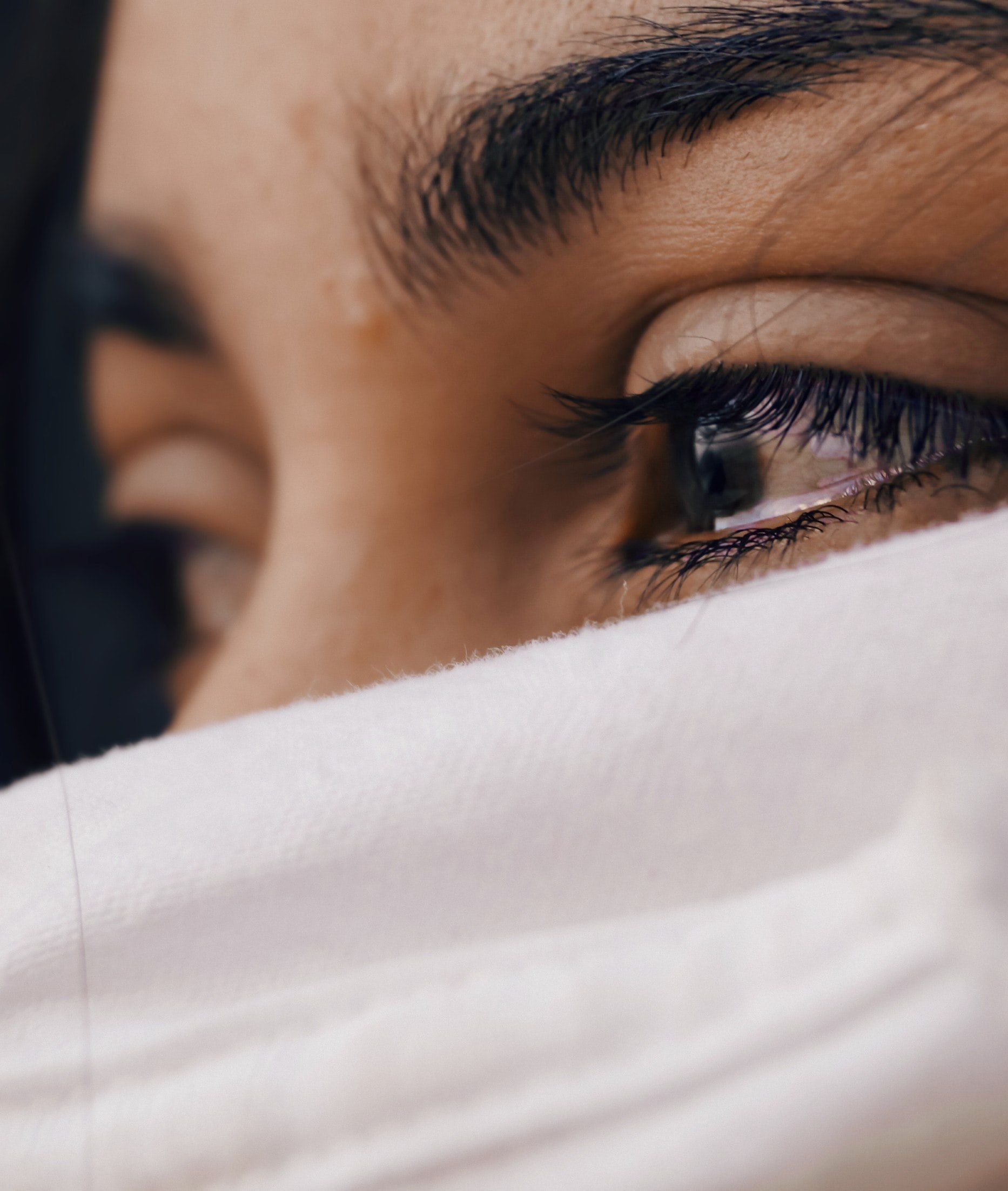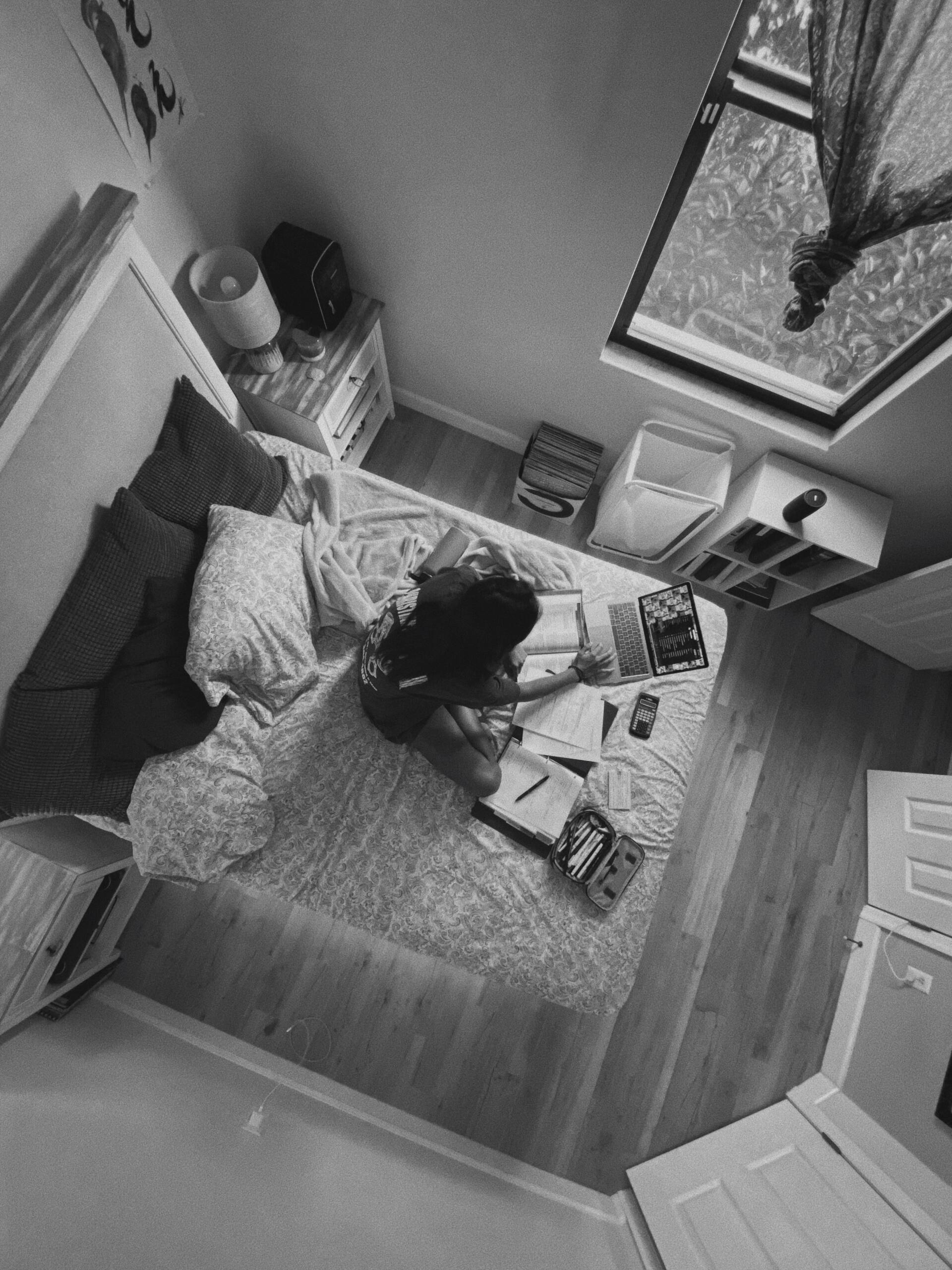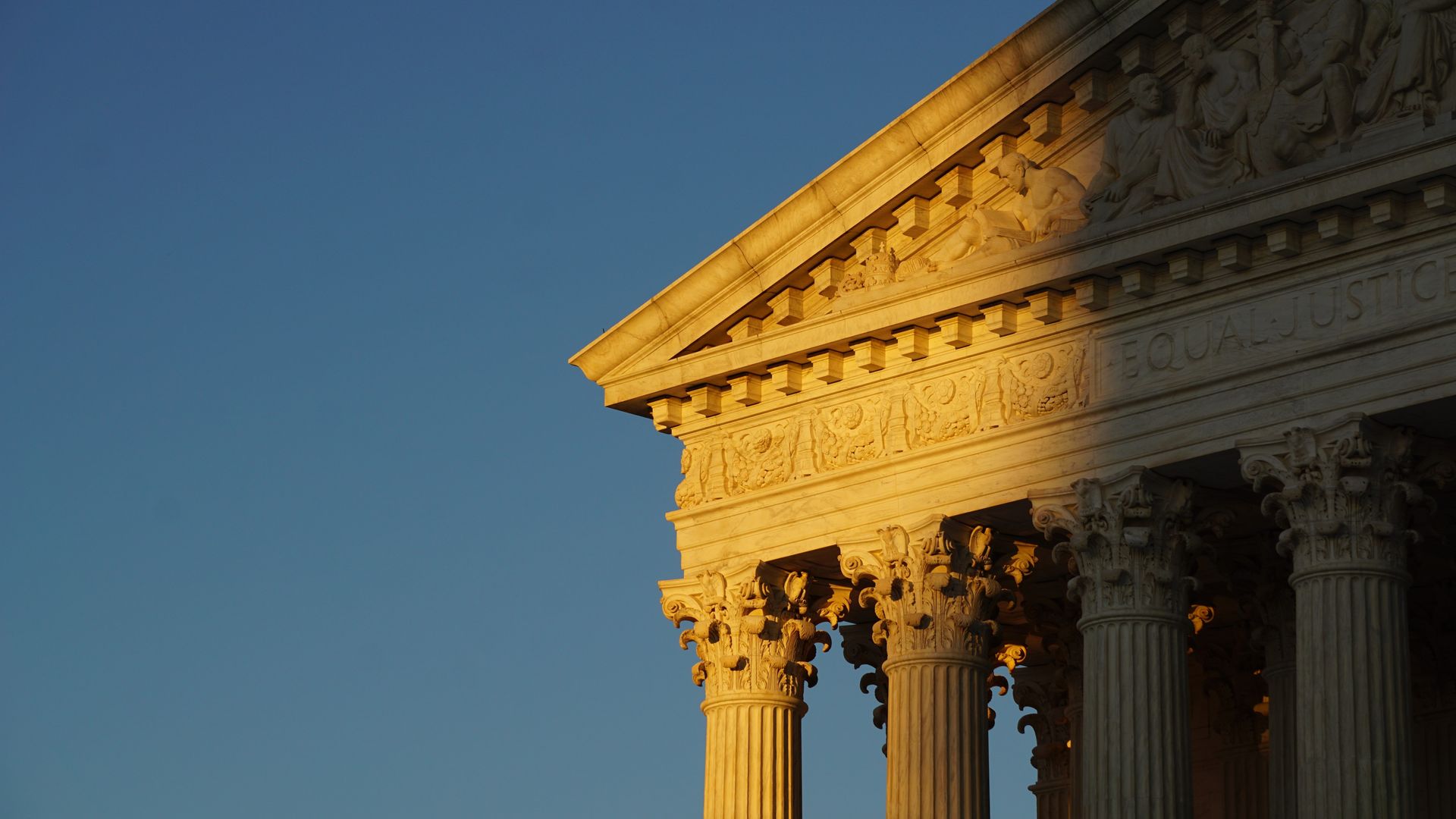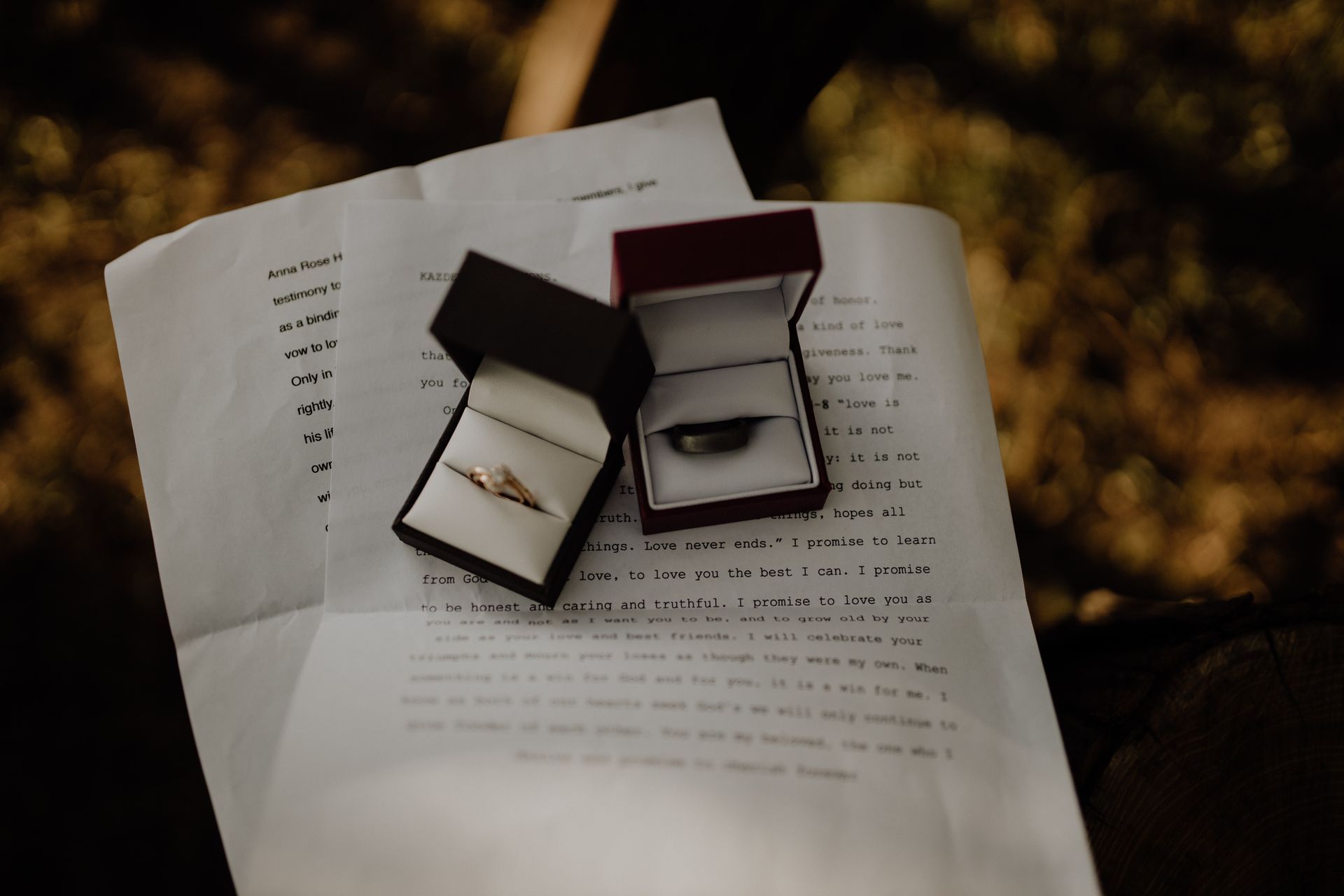Visual materials include: any film, photograph, videotape, negative, or slide or any photographic reproduction that contains or incorporates in any manner any film, photograph, videotape, negative, or slide; or any disk, diskette, or other physical medium that allows an image to be displayed on a computer or other video screen and any image transmitted to a computer or other video screen by telephone line, cable, satellite transmission, or other method.
Revenge Porn: Texas Laws and Remedies
According to the Cyber Civil Rights Initiative, 1 in 8 social media users have been targets of nonconsensual pornography with a disproportionate amount affecting women.
Re•venge porn, n.- A form of sexual abuse that involves the distribution of nude/sexually explicit photos and/or videos of an individual without their consent. Revenge porn, sometimes called nonconsensual pornography, is usually posted by a scorned ex-lover or friend, in order to seek revenge after a relationship has gone sour.
-www.endrevengeporn.org
Generally known as “revenge porn,” nonconsensual pornography is a sexual assault involving the distribution of sexually graphic images of individuals without their consent.
Today there are 46 states that have laws against nonconsensual pornography, Texas among them.
In Texas, the law states that a person is committing a felony crime concerning sexual offenses if:
1. The person portrayed in the image has not given consent, there is intent to harm said person, and if the person’s intimate parts are exposed or engaged in sexual conduct;
2. At the time of the picture (or other visual media) the person depicted had reason to believe the material would be private. (For instance, a picture shared with a partner: the person depicted has reasonable expectation that the picture would remain private between the couple);
3. The releasing of the visual material causes harm; and
4. The identity of the person depicted is revealed.
Texas courts have jurisdiction if the person posting visual material lives in Texas, the person depicted in the visual material lives in Texas, the server in which the material is stored is in Texas, and the material is available to view in Texas.
Remedies to Nonconsensual Pornography
Legal:
Copyright:
Any picture you have taken, you own the copyright to. By going to copyright.gov, one can register up to 750 unpublished photographs. Copyright allows you to demand sites to take down images based on copyright infringement, also known as Digital Millennium Copyright Act (DCMA) take down. DCMA takedown is a tool used for getting material that infringes on the owner’s copyright taken down and off a website.
Notable examples and cases of nonconsensual pornography:
- Representative Katie Hill of California resigned from office in October 2019 after nude photos of her were released without her consent. She is current suing her ex-husband, RedState.com, The Daily Mail, along with several editors and employees at the media outlets, for giving her husband the means to publish naked pictures of her.
- Hundreds of private pictures of celebrities, many of them women and of an intimate nature, were stolen by hackers who broke into Apple accounts and posted them on the online message board 4chan. (2014)
- Audrie Taylor Pott was sexually assaulted by three or more teenage boys when she attended a party in 2012. The boys had also drawn on her body with markers and taken photos that they distributed via social media. Audrie was bullied at school by her peers and ultimately killed herself. In 2014, California Governor Jerry Brown sign a law in her honor titles Audrie’s Law which is a bill that “increases penalties and decreases privacy protections for teens convicted of sex acts on someone who is passed out from drugs or alcohol or incapable of giving consent due to a disability".
- People v. Austin (2019 IL 123910), Known as the strongest criminal law in the US against nonconsensual pornography in the country, it recognizes that the fundamental harm of nonconsensual pornography is the violation of privacy, not any particular motive for the violation. The law “is similar to laws prohibiting the unauthorized disclosure of other forms of private information, such as medical records, biometric data, or Social Security numbers. The entire field of privacy law is based on the recognition that some types of information are more sensitive than others, the disclosure of which can and should be regulated. To invalidate [the law] would cast doubt on the constitutionality of these and other statutes that protect the privacy rights of Illinois residents.”
Helpful Links:
PENAL CODE CHAPTER 21. SEXUAL OFFENSES (texas.gov)
All information and summaries are intended as informational only regarding legal trends and news. Nothing should be taken as legal advice or legal opinion and readers should seek out advice from legal counsel prior to acting on information provided by this blog.
